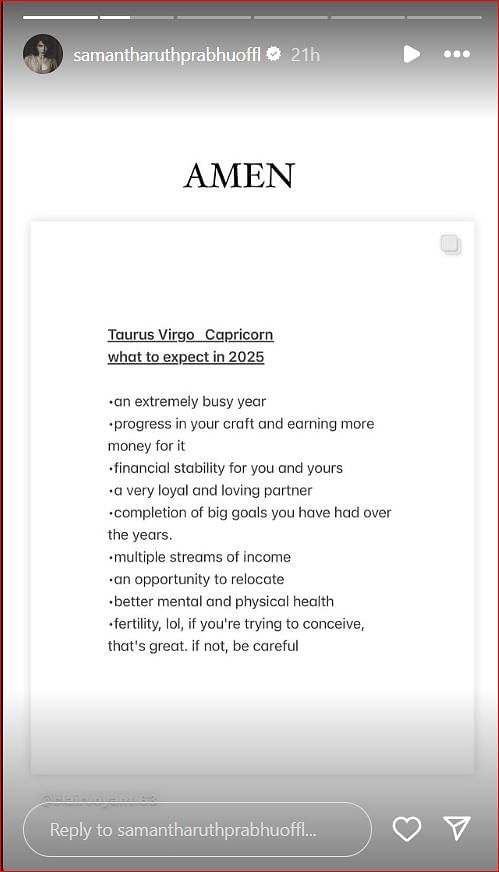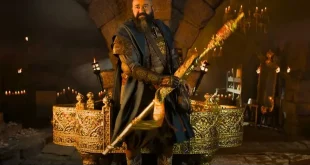New Delhi: The Supreme Court has sought response from the Central Government on the petitions challenging the constitutionality of the Places of Worship Act-1991 (Places of Worship Act). The bench headed by Chief Justice Sanjeev Khanna has directed that till the hearing of this case continues, no new case will be registered against religious places across the country. The court has asked the Central Government to file an affidavit soon and present its stand.
Main points of hearing
During the hearing, a senior lawyer demanded from the bench that the survey be stopped in places where cases are already registered. On this, CJI Sanjeev Khanna said that he is aware of the cases of Kashi and Mathura. The bench asked how many such cases were registered in total. On this, the senior lawyer said that there are a total of 10 places where cases are going on regarding the disputed site.
Who are the petitioners?
The petitioners in this case include several prominent personalities:
- subramaniam swamy (BJP leader)
- Advocate Ashwini Upadhyay
- Narrator Devkinandan
These petitioners argue that the Places of Worship Act is unfair to the Hindu, Jain, Buddhist, and Sikh communities. They say that because of this law they are unable to live with their ancient Places of worship And pilgrimage sites Cannot be retrieved.
6 political parties in opposition
Many political parties have opposed the petitions challenging this law. These include:
- CPI (M)
- NCP (Sharad Pawar faction)
- Indian Union Muslim League
- Rashtriya Janata Dal (RJD)
These parties argue that if the Supreme Court considers these petitions, then there will be protests against mosques across the country. thousands of lawsuits The chances of being registered will increase, which will have a negative impact on social harmony.
What is the Places of Worship Act-1991?
This law in India status of religious places Makes a provision to retain it as on 15 August 1947. Under this law, any religious place is changed from its original form. Stoppage Has been installed. In this law only Ram Janmabhoomi-Babri Masjid of Ayodhya The dispute was kept as an exception.
Why is there controversy?
The petitioners say that this law discriminates against certain communities and violates the rights of their religious belief. At the same time, opposition parties believe that challenging this law will bring trouble in the country. communal tension This may increase and may put excessive burden on the judicial process.
Centre’s stand important in next hearing
After the Supreme Court sought answers from the Central Government, now all eyes are on the Centre. The Centre’s stand in the upcoming hearing will decide what the future of this case will be.
Centre’s stand important in next hearing
After the Supreme Court sought answers from the Central Government, now all eyes are on the Centre. The Centre’s stand in the upcoming hearing will decide what the future of this case will be.
 look news india
look news india



